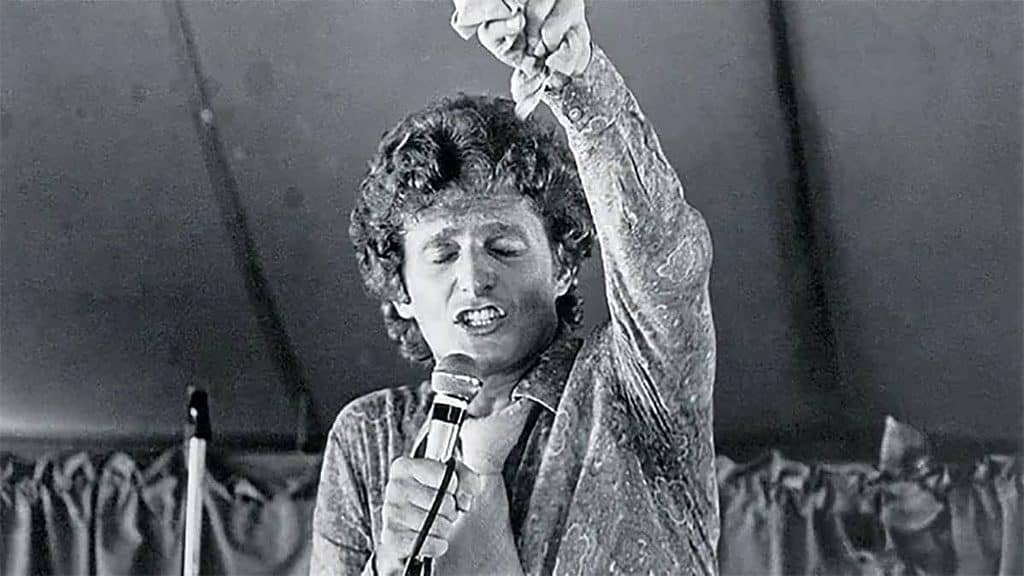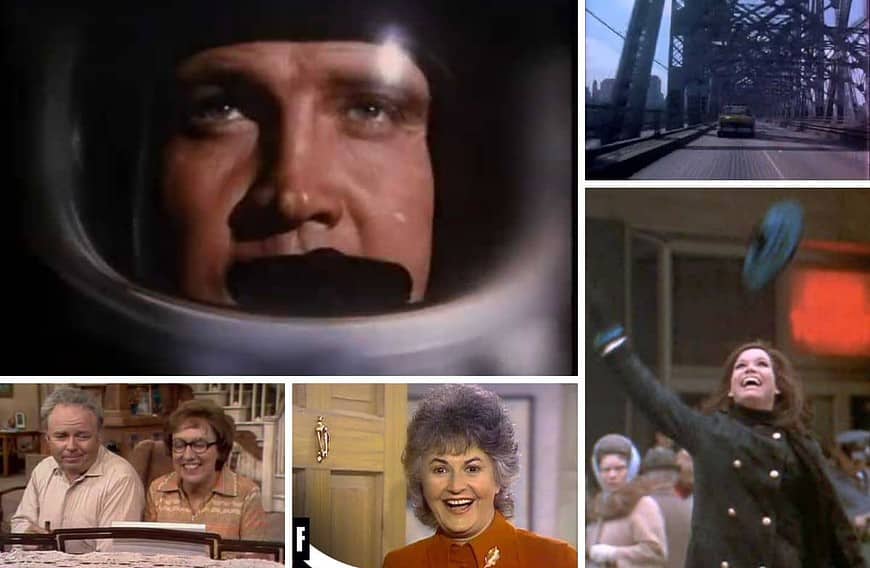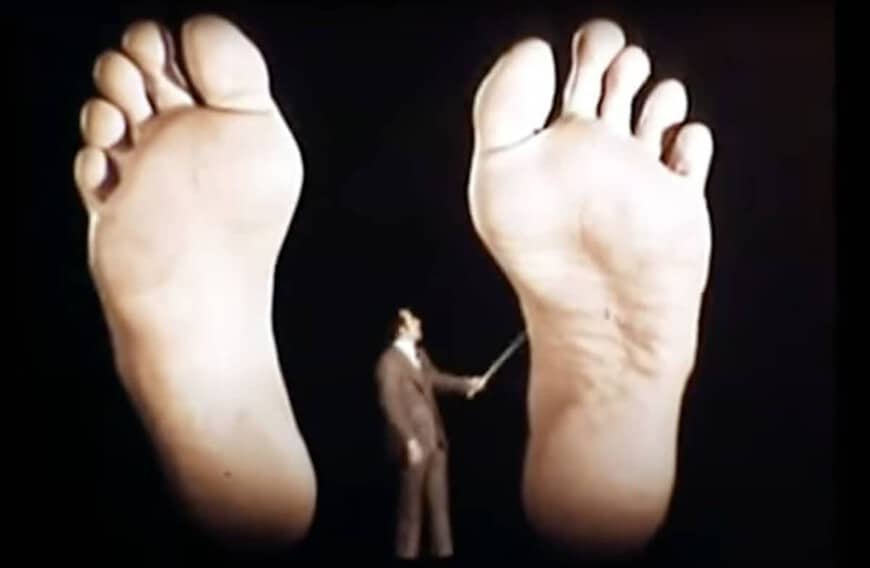Marjoe Gortner was an ordained minister at 4, released an Oscar-winning documentary exposing his evangelical career as a fraud in 1972, recorded an album, and had a solid career as an actor. And, yet, he remains mostly forgotten today.
That’s a shame. His story is powerful and interesting. He turned his childhood abuse and exploitation into successful adulthood and lived on his own terms. Here’s what you need to know about Marjoe Gortner.
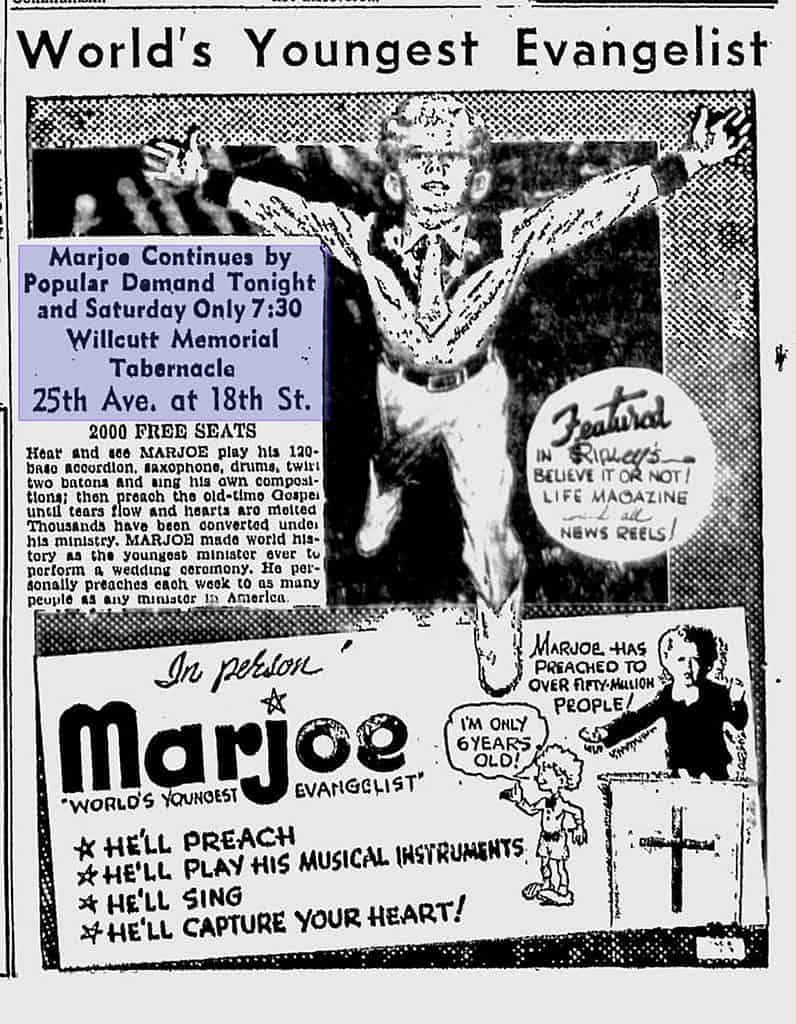
Marjoe’s Early Life: A Child Minister
Hugh Marjoe Ross Gortner was born in 1944 to Vernon Gortner, a third-generation evangelical minister, and his wife Marge. The name Marjoe is a combination of the names “Mary” and “Joseph.”
Vernon and Marge met when her evangelical duo, the Canadian Sisters, preached at Vernn’s church. Two weeks later, Marge left her partner, Vernon left his wife and children, and they ran away to Las Vegas, where they were married. Vernon was excommunicated from his church, but he and Marge ran a successful store in Long Beach, California.
Marge, however, missed traveling as an evangelical minister, and when her son was born, she named him Marjoe and began training him to follow the ways of the Lord. She also enrolled him in baton-twirling lessons at two and taught him how to speak like a Pentecostal minister. His voice was really extraordinary: strong and clear and full of sincere emotion. You can listen to a clip of him speaking in this video.
Little Marjoe’s sermons were compelling and full of hellfire. His charismatic stage show and performing talents drew attention on the evangelical circuit. At four, he received national attention when he performed a marriage ceremony attended by reporters from Life Magazine.

Marjoe later claimed that his parents forced him to memorize sermons by essentially waterboarding him. They were always careful never to leave bruises that might be noticed later.
Marjoe had a successful act for many years, but, like many child stars, his popularity waned as he grew into a teenager. Vernon abandoned the family, taking all the money they had earned (approximately three million dollars) and leaving Marjoe, his mother, and his brother destitute.
Marjoe left the church when he was around 16. He left home and roamed the country in his teenage years like many other hippies of the time, without any plan other than one desire: he wanted to be a rock star.
Marjoe: The Documentary That Changed Everything
Most stories about this time period (including Wikipedia) suggest that Marjoe eventually went back to preaching because he needed money, but I found a more interesting explanation in this interview with Larry Silk, the film editor for Marjoe.
In the early 1970s, Howard Smith wrote a column called “Scenes” for the Village Voice about the emerging counterculture. He got to know Marjoe and was fascinated by his story.
According to Larry Silk, Smith asked Marjoe if he thought he could go back and become an evangelist again. Marjoe said, “Oh yeah. I could go back and do it again. They love it when you go back.”
That’s all it took. Howard Smith and Marjoe became partners. Marjoe booked a tour around the country with Smith and a film crew following him as he preached in different venues. The documentary cut between scenes of Marjoe preaching to an ecstatic crowd and behind-the-scenes footage where Marjoe talks about the tools he uses to manipulate worshippers and extract as much money as possible.
In one memorable scene, he sits in a hotel room counting the proceeds from the night’s service while he tells the story of how his father stole all the money he earned as a kid and then took off.
Marjoe partnered with other ministers during this tour without revealing that the purpose of the documentary was to expose the con behind evangelical stage shows. However, the film is empathetic to the worshippers. At one point, he says, “As screwed up as it is, they really get into it.”
When Marjoe tells his stories, you can sometimes hear his disappointment in how everything turned out. It feels as if he wanted to be more than a scam and a conman, saying at one point, “I’m not evil. I’m bad, but I’m not evil.”
The Reaction to Marjoe
Marjoe, the documentary directed by Howard Smith and Sarah Kernochan, was released on July 24, 1972, during the heyday of the Jesus Movement. It was predictably controversial but received mostly positive reviews. However, Vincent Canby, in the New York Times, called the movie “self-exploitation of a sort that strikes me as being exceedingly sleazy.”
The film debuted at Cannes to great acclaim but struggled to find distribution in the U.S. outside of New York and Los Angeles because theatre owners were afraid conservative moviegoers would shun the movie.
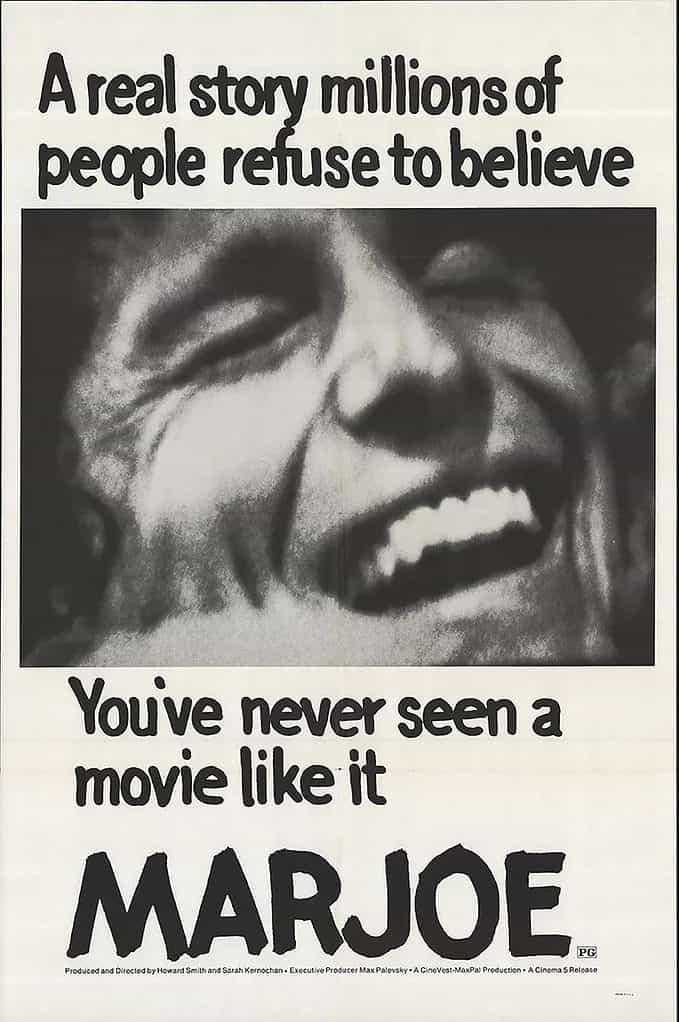
Also, quite predictably, Marjoe was accused of exaggerating and falsifying his story just to make money. However, as he said to Roger Ebert in an interview, “Some of the hard-sell radio preachers are attacking me. That’s ridiculous. At the time I quit, I honestly think I was the best preacher on the circuit, I could cut anybody. In five years I would have been on top and probably a millionaire. One thing a lot of people forget about is the tax advantage: I was tax-deductible.”
In 1973, Marjoe Gortner made history by becoming the first recipient of an Oscar for a documentary about his own life. He also released a companion album to the documentary, featuring gospel music and excerpts from some of his most charismatic sermons.
Marjoe’s Post-Documentary Acting and Singing Career
Marjoe hoped the movie could help him realize his dream of becoming a rock star and an actor, and the documentary did open doors for him. He recorded an album, “Bad, but Not Evil” and Billboard called it a “strong debut.” Unfortunately, it failed to chart.
Here’s his first single, the unfortunately named “Hoe Bus.” It’s not terrible.
He fared better in his acting career, starring in the TV movie Pray for Wildcats with Andy Griffith, William Shatner, and Robert Reed and appearing regularly in small parts in movies and on TV shows. In the 80s, he was one of the many B-Level celebrities who made appearances on shows like Circus of the Stars.

He was the psychotic bad guy in Earthquake (the 1974 movie with Sensurround!). As you can see in this clip, he was disturbingly believable.
Where is Marjoe Gortner Now?
Now 79 years old, Marjoe currently lives in Santa Fe, where he is still pursuing his acting and music careers. He looks healthy and at peace in the photos on his website.
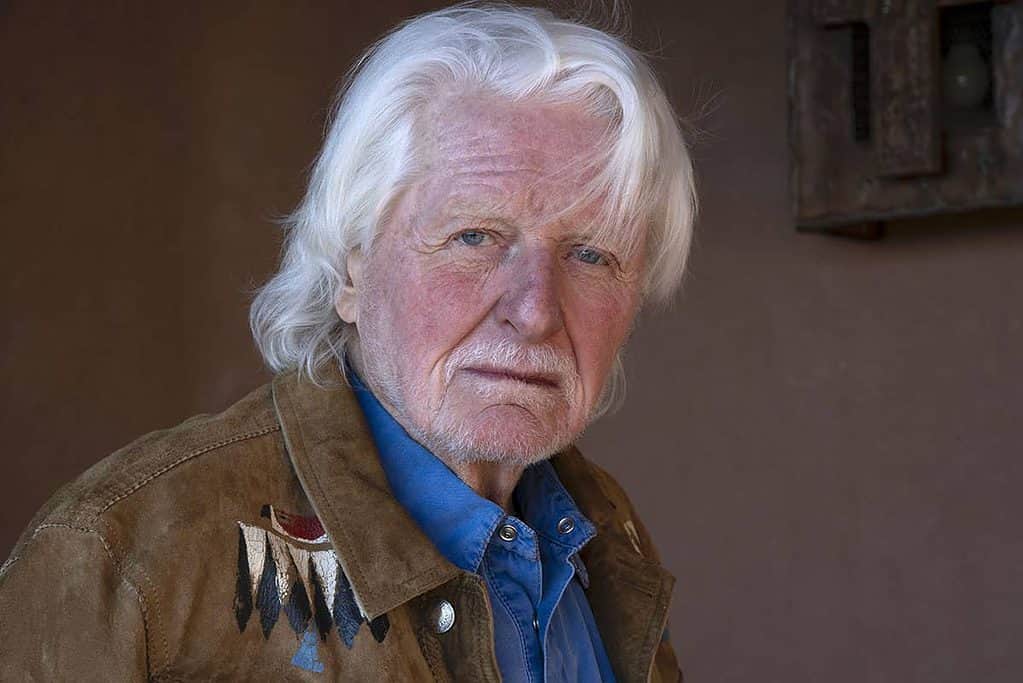
I would love to read a memoir of his life making the documentary and after he left the ministry. I’m sure he’s had many adventures.
In the meantime, you can enjoy the full documentary, Marjoe, via Internet Archive.
